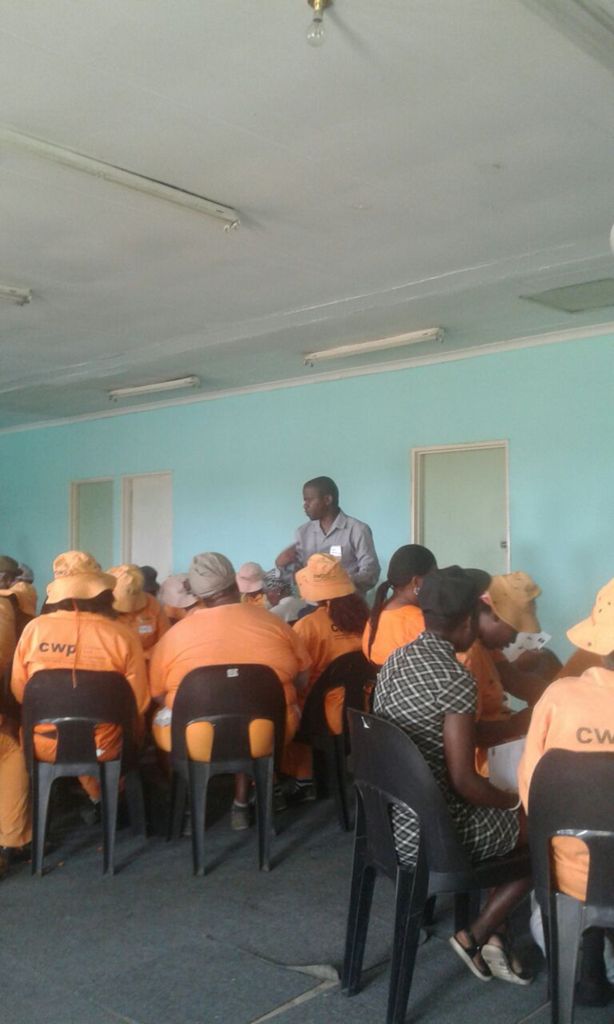Story
By Ndodesizwe Mayekiso
What I will be transferring in my community and those surrounding ones!
Banks and other institutions are engulfing consumers with credit opportunitiesthe ability to apply for credit cards or use credit checks to pay other credit balancesand without the proper knowledge or checks and balances, it is easy to get into financial trouble. In past generations, cash was used for virtually every purchase. Today, cash is rarely used. The way we shop has changed as well. Online shopping has become the top choice for many younger shoppers, creating ample opportunities to use and overextend credit, an all too easy way to accumulate debt, fast. Many of these consumers have very little understanding of finances, how credit works and the potential impact on their financial well-being for many, many years. In fact, the lack of financial understanding has been motioned as one of the main reasons behind savings and investing problems faced by many South Africans.
What Is Financial Literacy?
Financial literacy is the confluence of financial, credit and debt management and the knowledge that is necessary to make financially responsible decisionsdecisions that are integral to our everyday lives. Financial literacy includes understanding how a checking account works, what using a credit card really means, and how to avoid debt. In sum, financial literacy impacts the daily decisions an average family makes when trying to balance a budget, buy a home, fund their childrens education and ensure an income at retirement.
A lack of financial literacy is not a problem only in emerging or developing economies. Consumers in developed or advanced economies also fail to demonstrate a strong grasp of financial principles in order to understand and negotiate the financial landscape, manage financial risks effectively and avoid financial pitfalls.
The level of financial literacy varies according to education and income levels, but evidence shows that highly educated consumers with high incomes can be just as ignorant about financial issues as less educated, lower income consumers. Although in general, lower income individuals tend to be less financially literate. And it seems consumers are hesitant to learn.
Why It Matters
Financial literacy is crucial to help ensure consumers save enough to provide adequate income in retirement while avoiding high levels of debt that might result in bankruptcy and foreclosure. Conversely, those with low financial literacy borrow more, have less wealth and end up paying unnecessary fees for financial products. In other words, those with lower financial literacy tend to buy on credit, and are unable to pay their full balance each month and end up spending more on interest fees. This group also does not invest, has trouble with debt and a poor understanding of the terms of their mortgages or loans. Even more worrisome, many consumers believe that they are far more financially literate than they really are. And while this may seem like an individual problem, it is broader in nature and more influential on the entire population than previously believed. Financial literacy is an issue with broad implications for economic health and an improvement can lead the way to a global economy that is competitive and strong.
The Bottom Line
Any improvement in financial literacy will have a profound impact on consumers and their ability to provide for their future while avoiding the pitfalls of debt. Recent trends are making it all the more imperative that consumers understand basic finances because they are being asked to shoulder more of the burden of investment decisions in their retirement accounts while having to decipher more complex financial products and options. The tasks are not easy but a better understanding and more knowledge can ease the burden tremendously.
Ndodesizwe Mayekiso

